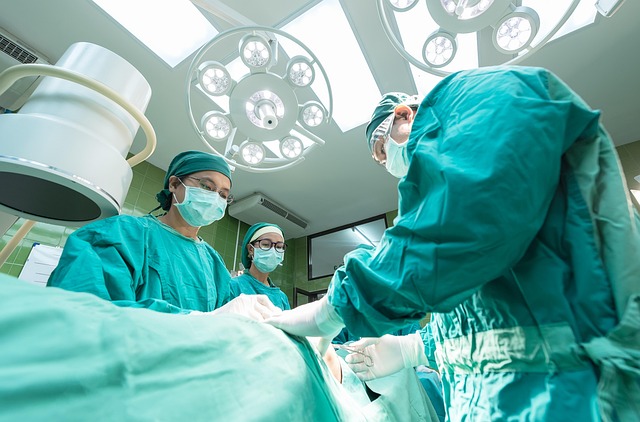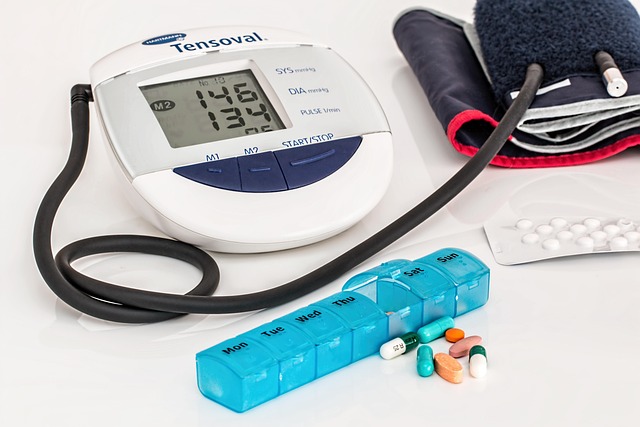The intersection of technology and healthcare has been a pivotal one, leading to groundbreaking advancements that are revolutionizing patient care and enhancing the efficiency of healthcare systems. Among the most notable transformations taking place is the rise of medical automation, a critical component of this evolution that harnesses robotics and artificial intelligence to streamline various processes within the medical field.
Technological Innovations represent the backbone of this transformation. Robotics, for instance, have made significant strides in surgical procedures, where precision and minimal invasiveness are paramount. Robotic-assisted surgeries allow surgeons to perform complex tasks with improved accuracy, reducing recovery times and minimizing the risk of complications. This level of precision not only enhances patient outcomes but also frees up surgeons to focus on more complex cases, thus optimizing overall healthcare delivery.
Moreover, innovations in telemedicine exemplify how medical automation can extend healthcare access. Through virtual consultations and remote monitoring tools, patients can receive care from the comfort of their homes, providing a crucial lifeline for those in remote or underserved areas. This shift not only improves patient experience but also alleviates the burden on healthcare facilities, showcasing a seamless integration of technology into everyday healthcare practice.
Health Innovations fueled by medical automation are equally impressive. The implementation of automated systems in medication management has transformed how healthcare providers administer treatments. Smart pill dispensers and medication reminders equipped with AI not only enhance adherence but also reduce the chances of errors, ensuring that patients receive the right medications at the right times. This technological advancement not only protects patient safety but also contributes to more effective treatment outcomes.
Furthermore, the potential of data analytics in healthcare cannot be overlooked. With the vast amounts of data generated daily, medical automation allows for sophisticated algorithms that can analyze patient data and identify trends. By utilizing predictive analytics, healthcare providers can anticipate patient needs, enabling proactive interventions that can lead to better health outcomes and increased operational efficiency.
In the realm of diagnostics, automation has made it possible to obtain faster and more accurate results. Advanced imaging technologies and AI-based diagnostic tools are reducing the time it takes to analyze medical images or lab results, leading to quicker diagnoses and treatment plans. This speed not only enhances the patient experience but also has the potential to save lives in critical situations where every second counts.
As we continue down this path of integration between robotics and healthcare, the possibilities seem endless. Patient care is transforming, driven by a collaborative approach that embraces medical automation and prioritizes both technological and health innovations. The future of healthcare is not just about treating ailments but building a system that is resilient, accessible, and more attuned to the needs of patients.




